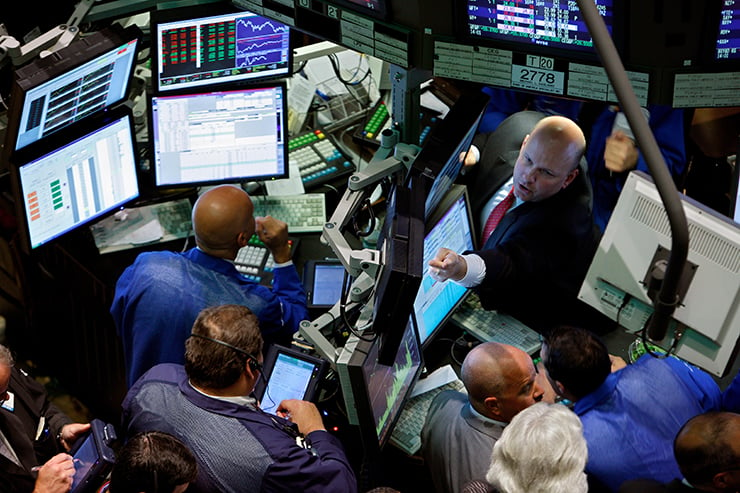If there is anything that we should have learned from the 20th century, it is that socialism turned out to be a colossal failure. That was not, however, obvious to large numbers of Americans at the time. Though they might not have bought into full-blown socialism, many 20th-century American intellectuals, economists, and politicians insisted that interventionist programs—ranging from the type of industrial policy associated with economic nationalism, to Franklin Roosevelt’s New Deal and Lyndon Johnson’s Great Society—were the way of the future.
America has never had anything like the laissez-faire economy that, even today, many non-Americans imagine exists in the United States. Both mercantilist and free trade ideas were at work in shaping the Founding. Thanks to presidents Roosevelt and Johnson, the U.S. economy today is saddled with a large welfare state that occupies two-thirds of the federal budget, sustained by extensive borrowing.
That said, America has always been an unapologetically free enterprise economy in which the private sector, backed by the world’s most dynamic capital market, has been understood as the locus of economic life. Early observers of the antebellum republic like Alexis de Tocqueville noticed how the spirit of enterprise pervaded so much of the country.
Part of this long-standing attachment to the market economy in America arises from very practical concerns. The author of The Spirit of Democratic Capitalism (1982), Michael Novak, never tired of pointing out that American capitalism has proved to be the greatest poverty-reducing machine in history. To be sure, Novak was no anarcho-capitalist. He thought that the state did have a role in the economy, including a minimal welfare function.
Today’s American economy is plagued by more than its share of crony capitalism, excessive public debt, and many state welfare programs that have done enormous social, cultural, and economic damage to those on life’s margins. But as Michael Strain demonstrates in his 2019 book The American Dream is Not Dead, today’s American economy continues to work well for most Americans in terms of economic mobility and broad quality of life improvements.
America’s turn to free trade since the late-1940s has much to do with this. As Adam Smith and David Ricardo established long ago, free trade enables individuals, communities, and nations to discover and calibrate their comparative advantages, something which enhances efficiency and productivity.
That said, not everyone “wins,” at least in the short-term, from that process. America is, for instance, one of the world’s leaders in high-tech manufacturing; but the less-technologically sophisticated side of American manufacturing has not done so well in recent decades. And yet unemployment in America—at least in a pre-corona world—had declined to 3.5 percent by February 2020.
American-style capitalism embodies trade-offs. It accepts significant inequalities in return for giving people incentives to create wealth and therefore, indirectly, to increase the employment and living standards of others. The creative destruction of entrepreneurship and market competition generates technological and economic change that makes life materially better for everyone long-term. But it can also render particular industries and occupations redundant. The alternative to this process of change, however, is economic stagnation.
Does this mean that American capitalism involves shrugging our shoulders in the face of persistent poverty in some segments of the population, or ignoring the social effects of the uncertainty and instability which is associated with the workings of markets? By no means.
This is where the “democratic” part of democratic capitalism comes into play. It not only involves governments providing a minimal safety net. It also refers to the crucial role played by the free associations that help soften the edges of life in America’s free enterprise economy. Such associations—a good number of which are religious in inspiration and nature—help those who find themselves needing assistance. The irony is that the long-term viability of democratic capitalism in America, and the undoubted prosperity which it has given the United States, may depend far more on non-economic and non-political factors than we realize.



Leave a Reply